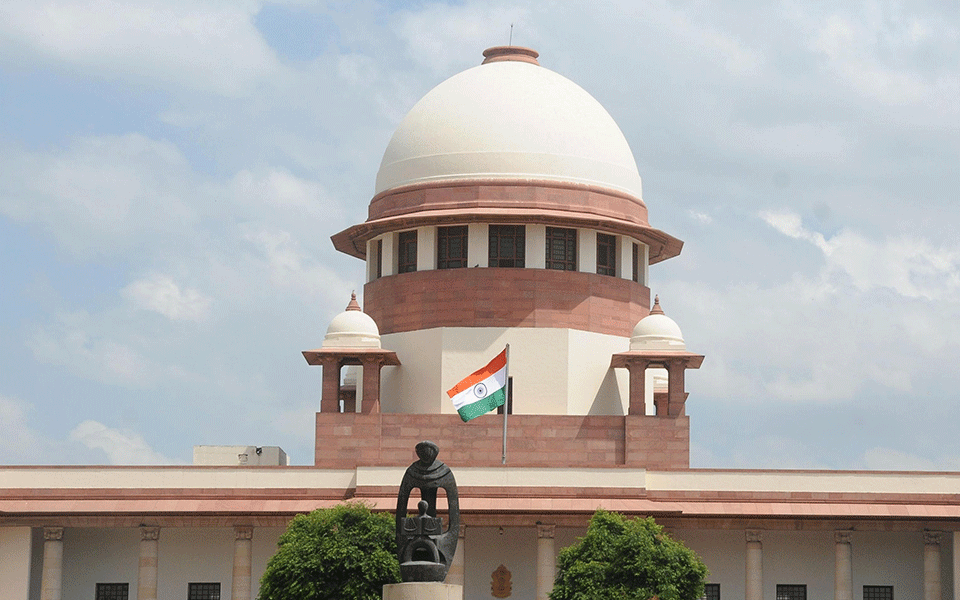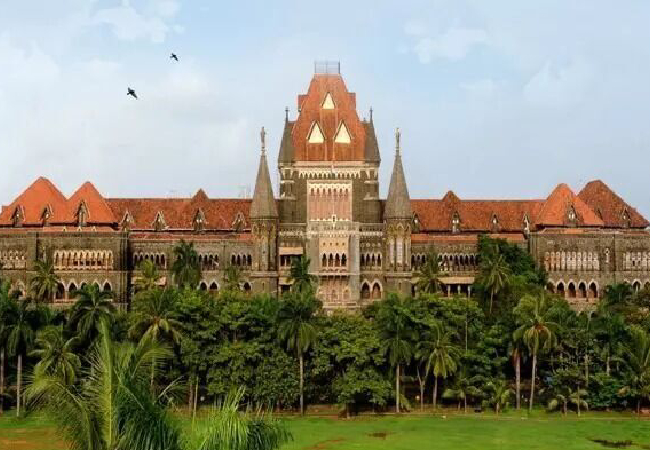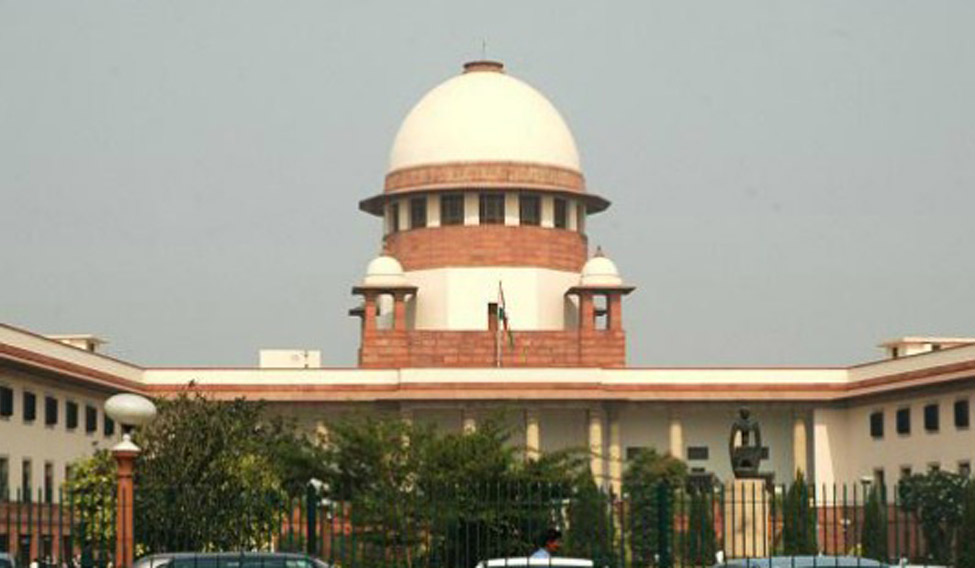New Delhi, Sep 5 : The Supreme Court is likely to pronounce its verdict on a batch of petitions challenging the Constitutional validity of Section 377 of the Indian Penal Code that criminalises homosexuality.
The five-judge constitution bench of Chief Justice Dipak Misra, Justice Rohinton Fali Nariman, Justice A.M. Khanwilkar, Justice D.Y. Chandrachud and Justice Indu Malhotra had reserved the verdict on July 17 on the conclusion of arguments.
The verdict assumes significance as in the earlier round of litigation in 2013 the Supreme Court had reversed the Delhi High Court ruling decriminalising homosexuality or same sex relationship,
The tone and tenor of the hearing of the matter on July 17 - the day the verdict was reserved - saw the court telling that it was duty bound to strike down a law that is in conflict with the fundamental rights and not to leave it to majoritarian government to address it.
"It is our duty to strike a law the moment we find a law in conflict with fundamental rights. We don't leave it to the majoritarian government, which may or may or act" given the exigencies of its vote bank politics, the constitution bench had said.
"The moment we are convinced that a law is violative of the fundamental rights we will strike it down and not relegate it to legislature," the court had said.
The hearing saw the Constitution bench disagreeing with some of the respondents telling it that decriminalizing the same sex relationship amongst the LGBT community would have a cascading effect on other statutes including the personnel laws and the spread of dreaded diseases like HIV and AIDS.
Unimpressed by the submission, Justice Nariman had said that there would be "no cascading effect" as all such references in other statutes will get deleted.
Justice Chandrachud rejecting the contention had said that the cause of the sexually transmitted diseases was not sexual intercourse but unprotected sex.
Let the Truth be known. If you read VB and like VB, please be a VB Supporter and Help us deliver the Truth to one and all.
Mumbai (PTI): The Bombay High Court has upheld the conviction of three men for raping one of their partners, ruling that when a woman says no, it means no, and there can be no presumption of consent based on her past sexual activities.
“No means no”, the bench of Justices Nitin Suryawanshi and M W Chandwani said in its May 6 judgment refusing to accept the attempt made by the convicts to question the morals of the survivor.
Sexual intercourse when done without the consent of a woman is an assault on her body, mind and privacy, said the court, terming rape the most morally and physically reprehensible crime in society.
“A woman who says ‘NO’ means ‘NO’. There exists no further ambiguity and there could be no presumption of consent based on a woman's so-called immoral activities,” HC said.
The court refused to quash the conviction of the three persons but reduced their sentence from life imprisonment to 20 years in jail.
In their appeal, the trio had claimed that the woman was initially involved with one of them but later got into a live-in relationship with another man.
In November 2014, the three barged into the survivor’s house, assaulted her live-in partner and forcibly took her to a nearby deserted spot where they raped her.
The bench in its judgment said that even if a woman was an estranged wife and lived with another man without getting divorced from her husband, a person cannot force the woman to have intercourse with him without her consent.
The bench said even though the survivor and one of the convicts were in a relationship in the past, any sexual act without her consent would amount to rape if she was not willing to have intercourse with him and the other accused.
“A woman who consents to sexual activities with a man at a particular instance does not ipso facto (by the fact itself) give consent to sexual activity with the same man at all other instances. A woman’s character or morals are not related to the number of sexual partners she has had,” the court said.
The court said sexual violence diminishes the law and unlawfully encroaches on the privacy of a woman.
“Rape cannot be treated only as a sexual crime but it should be viewed as a crime involving aggression. It is a violation of her right to privacy. Rape is the most morally and physically reprehensible crime in society, as it is an assault on the body, mind and privacy of the victim,” HC said.
The court also upheld the trio’s conviction for the assault of the survivor’s live-in partner.



